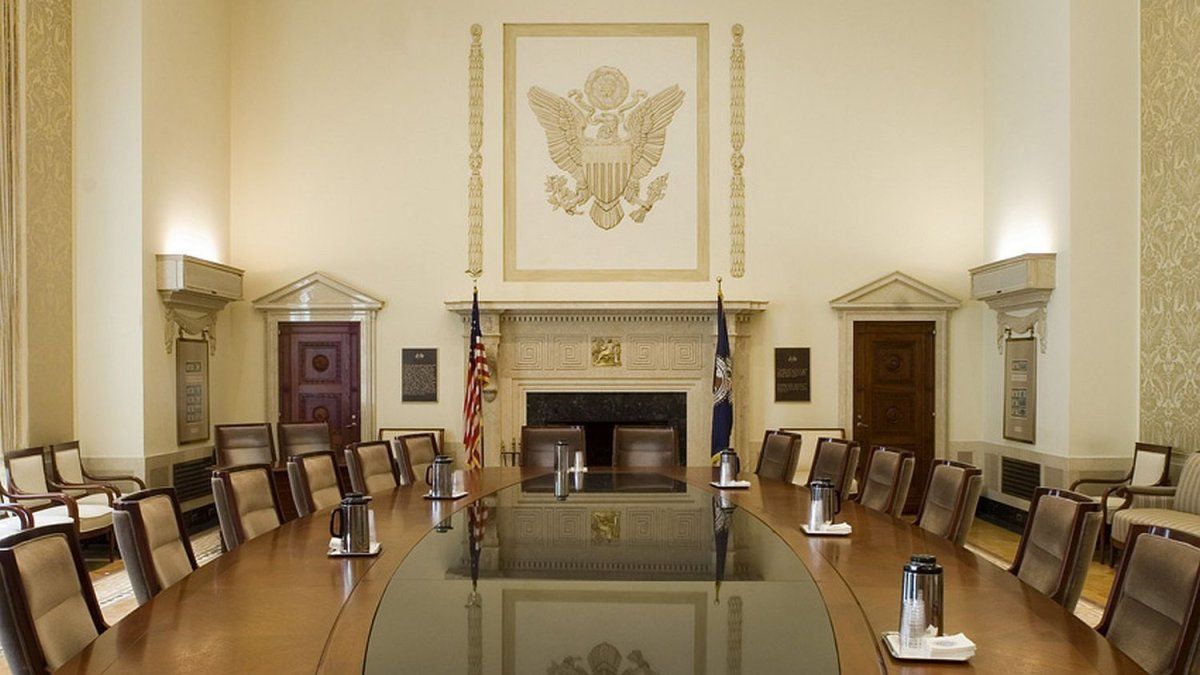To compensate for high energy costs, the traffic light government is aiming for state subsidies for workers. The ZDH warns that employers who are held responsible should not be left out in the rain.
The trade warned of financial burdens for companies with the planned energy price flat rate.
The planned pre-financing could bring numerous companies into liquidity difficulties, said Holger Schwannecke, Secretary General of the Central Association of German Crafts, the dpa in Berlin. “We urgently appeal to the political decision-makers in the federal and state governments to design the legal regulations in such a way that there is no pre-financing, which is currently putting an additional strain on the liquidity of companies – especially in labour-intensive sectors such as crafts,” says Schwanneck.
According to the federal government’s plans, employees who are subject to income tax are to receive a one-time gross payment of 300 euros to compensate for the high energy costs. The money is to be paid out by the employer as a salary subsidy, with the self-employed reducing the advance tax payment. The 300 euros are then subject to income tax.
“If companies transfer wages on September 15, for example, it is now planned that they will pay the energy price flat rate to the employees on that very day, minus the wage tax that is due on it,” said Schwannecke. That would correspond to pre-financing of several weeks if these companies could only “offset” the energy price flat rate with the wage tax registration on October 10th. Such pre-financing of several weeks is difficult to afford. “So that the already tense liquidity situation of our craft businesses does not deteriorate further, such pre-financing must not take place.”
Source: Stern
Jane Stock is a technology author, who has written for 24 Hours World. She writes about the latest in technology news and trends, and is always on the lookout for new and innovative ways to improve his audience’s experience.




